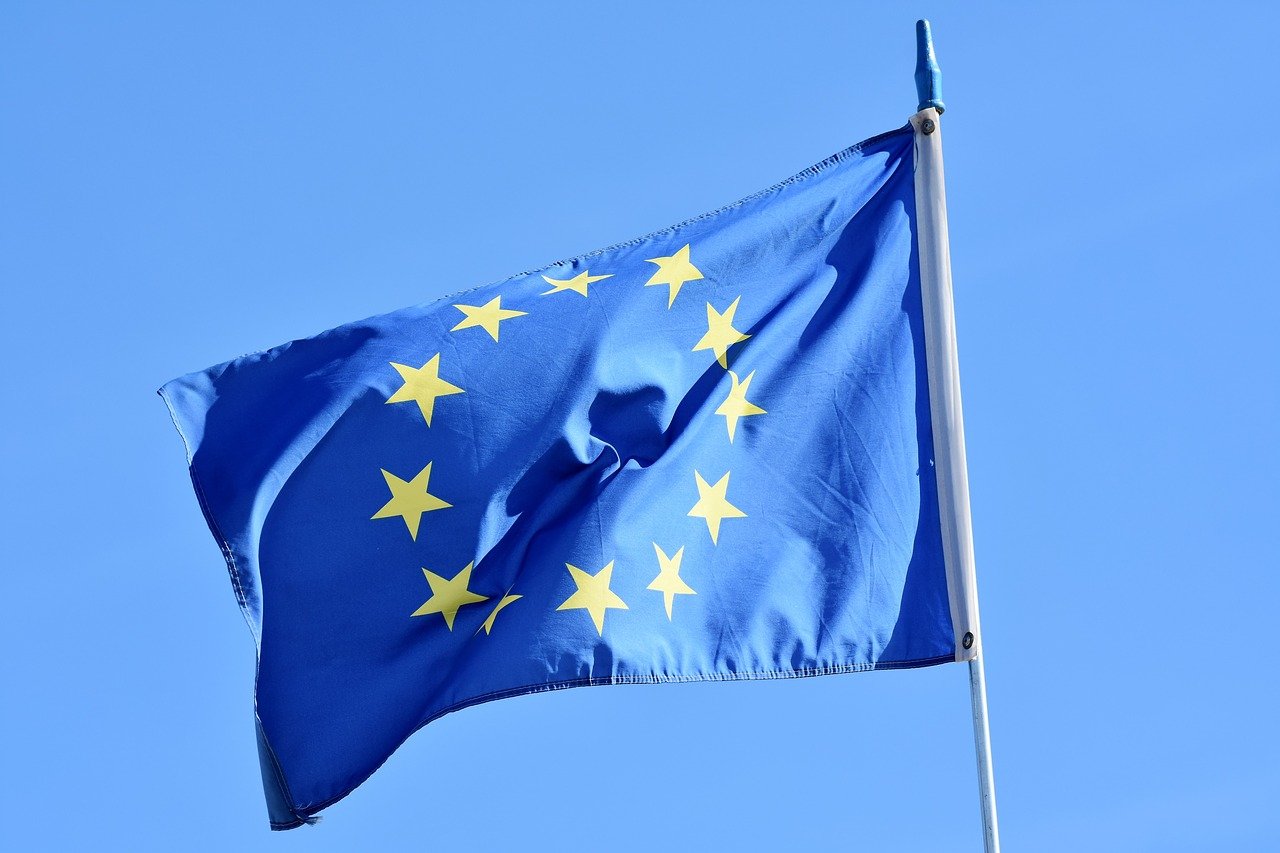Building back a better world after COVID-19
It is fair to say that the COVID-19 pandemic has turned the planet upside down. It has dramatically changed people’s lives and led public authorities to alter their policy priorities.
The fight against COVID-19 has been at the top of the international agenda from the outset. The Saudi presidency of the G20 immediately acknowledged this, organising a virtual summit on 26 March and refocusing the G20 agenda to respond to the pandemic and the economic crisis. Italy, which assumes the presidency next year, is already planning to extend this crucial coordination into 2021.
The first issue at stake in this global and unprecedented crisis is, of course, health. In the wake of the G20 leaders’ videoconference in March, the European Union organised a marathon fundraising event that has so far raised €16 billion. I would like to pay tribute to the countries that contributed to this initiative and joined the Access to COVID-19 Tools Accelerator and the COVAX Facility.
Two issues require our utmost attention. First, the urgency of the situation should not lead us to compromise on the safety of future vaccines. Second, vaccines must be affordable and universally accessible throughout the world. Vaccines should be a global public good. The coordination of global health management by the World Health Organization has been crucial. The EU supports strengthening the WHO, taking into account the lessons learned from the international response to the pandemic. I hope it will be possible to launch the necessary reforms on the basis of the independent evaluation of WHO’s action requested by the World Health Assembly last May, at the initiative of the EU.
On the economy
On the economic front, the robust response of G20 members, coordinated by the Joint Action Plan, has made a difference by combining fiscal, monetary and financial instruments. This ambitious and concerted G20 response will need to continue throughout the recovery. Our ambition should not simply be to return our economies to pre-crisis levels. We must do everything we can to ensure that, once the recovery is under way, we are able to return to the levels we would have reached had the crisis not occurred.
COVID-19 has struck our most fundamental and precious possessions: life and health. These are affected directly by our natural environment, and also by our economic and social environment. This should lead us, as political leaders, to place well-being – individual and social – at the centre of our recovery strategy. It is our job to help set the economy on a more resilient, sustainable and inclusive growth path.
The EU’s strategic agenda will help build back better based on two main pillars: the Green Deal and the Digital Agenda. In December 2019, the European Council decided that the EU will be the first carbon-neutral economy by 2050. This ambition is the focal point of our Green Deal, a comprehensive strategy to help save the planet from global warming. The development of environmental technologies will provide the EU with new growth opportunities. The EU wants to lead by example and is therefore preparing to raise its emission reduction target for 2030 in the run-up to the 26th Conference of the Parties to the United Nations Framework Convention on Climate Change in 2021. We also call for an ambitious global agreement at next year’s UN Conference on Biodiversity.
The Digital Agenda
As for our Digital Agenda, it is to the digital transition what the Green Deal is to the climate transition: a concrete strategic plan. Our aim is to create the conditions to empower the economic actors, so the EU can make the most of the vast potential of data.
Initiated before the COVID-19 crisis, these two major European projects are even more essential now.
COVID-19 has led the EU to take decisions that are unprecedented in scope and speed. After endorsing a €540 billion safety net for citizens, businesses and member states in the first weeks of the pandemic, the European Council adopted a budget in July, supplemented by a recovery fund, totalling €1.8 trillion for the coming years. The EU will raise up to €750 billion on international capital markets.
The EU fully supports the rules-based international order. International trade – a major source of growth for our economy – must operate on a level playing field. The EU is committed to overall tax fairness, particularly in the digital sector, where large-scale activities can no longer escape fair taxation. The EU is committed, alongside the Organisation for Economic Co-operation and Development and the G20, to international cooperation to correct this injustice. And the EU wants to see the World Trade Organization reformed, to ensure its ability to act effectively in a changing global context. The Riyadh initiative is a welcome contribution to this effort.
COVID-19 has amplified many global imbalances that existed prior to the crisis. The pandemic has hit the most fragile hardest. This is the case for low-income countries. The Debt Service Suspension Initiative endorsed by the G20 finance ministers is highly welcome. But more efforts are needed to address the debt problems of the poorest countries, notably in Africa. We must be able to discuss debt relief – or even debt forgiveness – and all creditors need to do their share.
The EU has embarked on a path of profound transformation that will make it stronger and benefit all Europeans. A stronger Europe will contribute even more to make the world better through multilateral cooperation.












